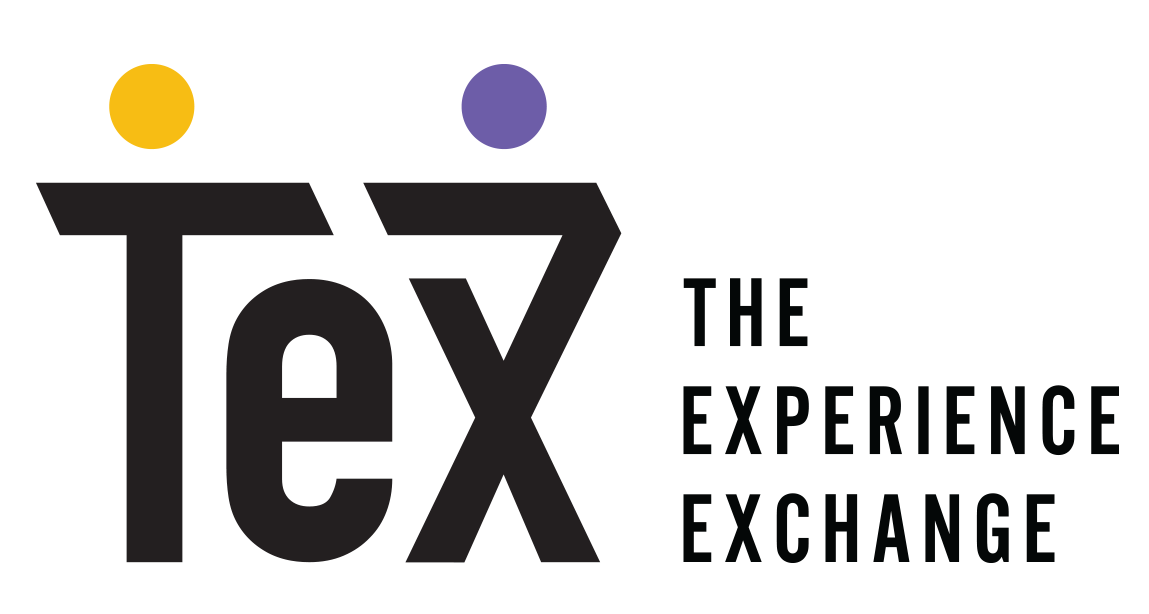
Productivity, inclusion and resilience: a new learning game

“Humans need three basic things in order to be content. To feel competent at what they do, to feel authentic in their lives and to feel connected with others.”
The recent 5-year report from the Productivity Commission carries some important implications for learning and skills for a digital economy. Advancing Prosperity lays out an Australian agenda for innovation, inclusion and resilience whose chances of success are hostage to the speed and quality of learning to grow and spread new digital capabilities across the economy.
The report makes it clear current education and learning systems and models are struggling. The retiring ANU Vice Chancellor Brian Schmidt describes a “broken” vocational education system that is too slow, too fragmented and inequitable. His call for a “nose-to-tail tertiary education revolution” is as much about method and mode as it is about quality and content. It’s about how we learn as much as what we learn.
What that suggests is the need for new ways to invest in our human capital as part of a new learning game better attuned to the demand for flexibility, inclusion and resilience.
The context for the Commission’s recommendations is driven by technology. We know technology — digital, data, AI, social media — has rarely moved as fast as it is now in relentless cycles of change, each bringing new demands for different skills, changing culture and new capabilities to survive and thrive.
As a consequence, individuals and organisations in business, government and the community sector are not evolving their “human capital” — the skills and capabilities of their people — as fast or as comprehensively as they should.
In part, that’s because the learning models and systems on which they rely are often outdated. They struggle to meet the rhythms of a faster, more intense, better connected digital world, something both the Productivity Commission and Professor Schmidt confirm.
The risk is employees become disheartened and disengaged and worry about falling behind. Worse, new inequities of wealth and opportunity become entrenched. That damages people, the economy and society.
In fact, the problem is deeper.
The World Economic Forum has argued[1] that “capital is being superseded by human talent as the most important factor of production.” But the Forum argues that “for organizations to fully benefit from technology, they must support the development of a workforce with digital skills.”
In Australia, there are growing calls for investment in transitions to the digital economy including the need to build skills and confidence. According to one technology industry analysis,[2] “our economy and workforce should transition to increase sovereign capabilities, seek resilience in global and local supply chains and digitise our economy.”
In a report from the Centre for Social Impact[3], Australians with lower levels of income, education, and employment emerged as significantly less digitally included, as are people over 65, Indigenous Australians and people with disability. The same report also found that people with mobile-only internet access — which typically includes those with lower incomes and people experiencing homelessness — are less digital including that the population as a whole.
It’s clear the priority to close gaps and dissolve opportunity gaps for learning has to be at the heart of the learning venture for a new digital age. It can’t be an afterthought.
Gaining the skills, knowledge and aptitudes fashioned by and for the new rhythms of the digital age carries big implications for a strong economy, for a fairer society and for the chance to live lives we value.
What we do know about the digital age is that it changes rapidly and unpredictably. It is creating opportunities for work and living that demand new skills and attitudes that need to be learned rapidly and constantly updated. And we know, for the same reason, that if we don’t find ways to make those opportunities accessible and affordable to all, new fault lines of disadvantage and inequality will open.
An evolving tribe of expertise
The Experience Exchange (www.tex.inc) is pioneering a way of learning — connected and social, relevant and responsive — that is rapidly growing as a practical response to exactly the dilemmas that the Productivity Commission has laid out.
TEX is a platform that allows communities to be curated and connected, linking experts and learners in real-time. It’s a place where individuals, organisations, technology leaders and academia can work together to close the digital skills gap.
In the new learning game, what will matter is plugging into new networks of real-world expertise, experience and empathy when we need it. Finding and exchanging that expertise and experience quickly, efficiently and in flexible and supportive communities of expertise, experience and practice that are fun, motivating and relevant.
As we’ve built, grown and adapted TEX with people who have shared their experience and insight, we’ve stayed true to building human connection as the core of learning. While AI continues to build as a new powerful foundation, the human need of being a part of a sustainable and growing community still remains.
Martin, Darren and the team @ TEX
Further information
Visit us at www.tex.inc
Connect with us directly at darren@tex.inc; martinsw@publicpurpose.com.au; info@tex.inc;
[1] https://www.weforum.org/agenda/2021/01/building-a-future-ready-global-workforce-post-covid/
[2]https://aiia.com.au/__data/assets/pdf_file/0017/103562/Building-Australias-Digital-Future-in-a-Post-COVID-World-AIIA-Whitepaper-2020.pdf
[3] https://www.csi.edu.au/media/uploads/csi-covid_factsheet_digitalinclusion.pdf
Book a demo
- Public and Private Customised programs
- Customised on-boarding and support
- Fully managed or Self managed options




.png)

